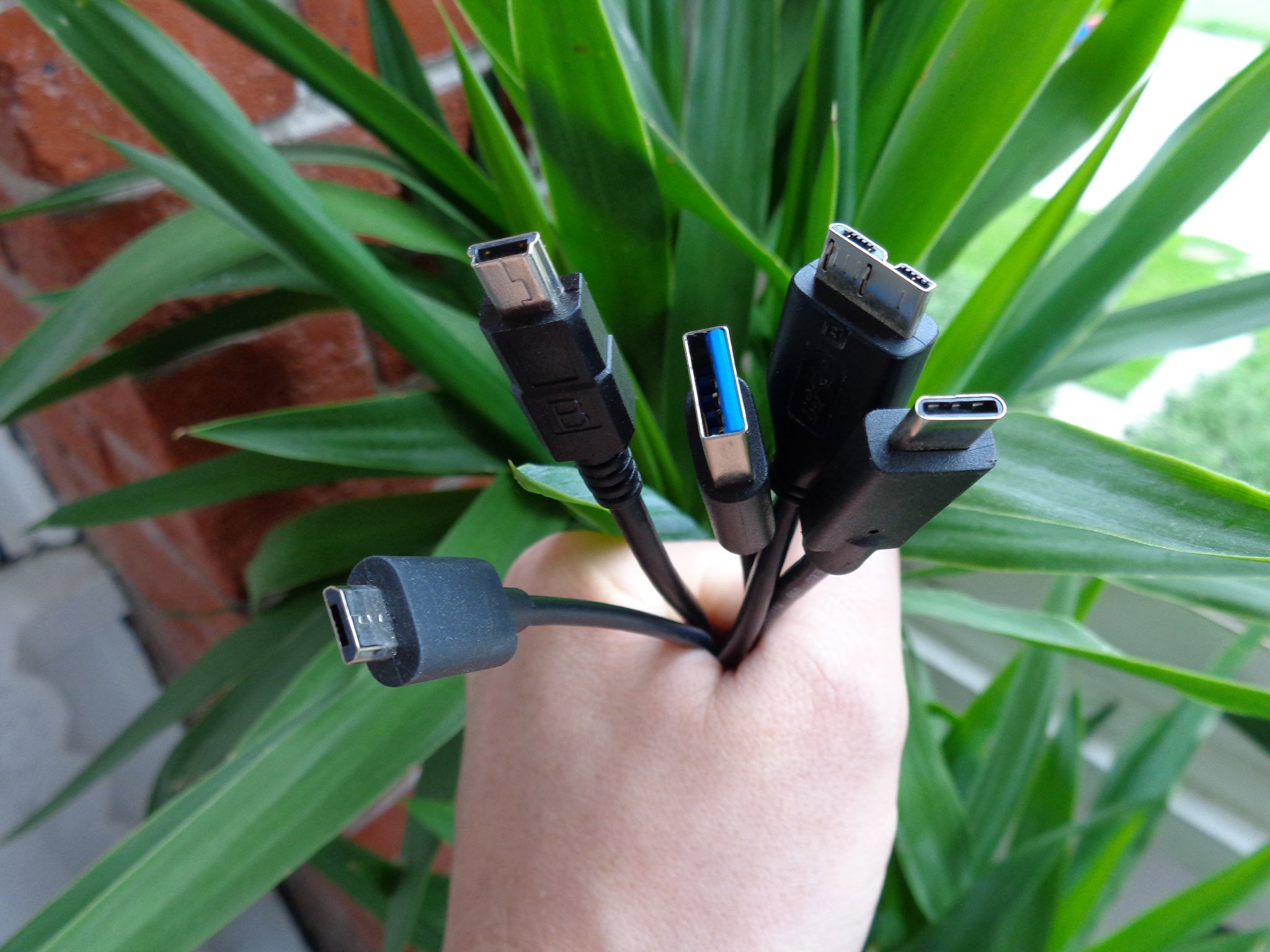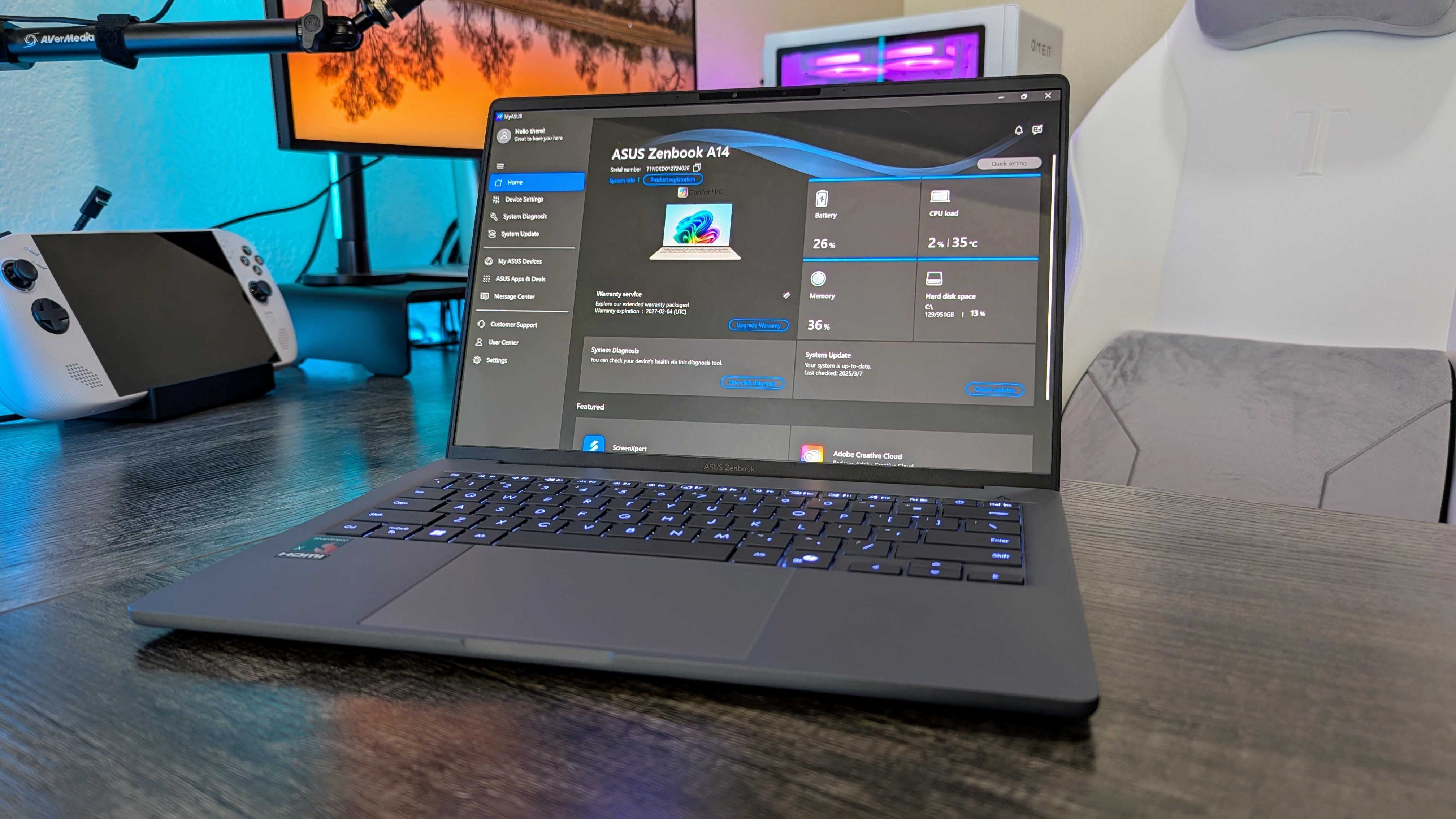New USB4 specs say Thunderbolt is optional for USB4, adding to consumer confusion
USB4 is a step forward but doesn't clear up confusion for consumers.

All the latest news, reviews, and guides for Windows and Xbox diehards.
You are now subscribed
Your newsletter sign-up was successful
What you need to know
- The USB4 specification has been published by the USB Implementers Forum.
- The new spec could cause confusion for consumers regarding Thunderbolt 3 and USB4.
- Thunderbolt 3 is optional for USB4 and may not be included by all manufacturers.
The USB Implementers Forum published the USB4 specification recently(via PC World). While the new specifications are a step forward for USB4 in terms of speed and capability, the fact that Thunderbolt support is optional may cause confusion among consumers looking to purchase devices.
One of the notable aspects of USB4 is that Thunderbolt 3 compatibility is now included in the USB4 specification. This inclusion means that it is royalty-free for formal adopters. But the inclusion does not mean that all devices with USB4 will have Thunderbolt 3 support. Intel still maintains the Thunderbolt 3 branding and certification so some manufacturers may elect to not include Thunderbolt 3.
The USB Implementers Forum issued a statement clarifying the relationship of USB4 and Thunderbolt 3.
Regarding USB4 specification's optional support for Thunderbolt 3, USB-IF anticipates PC vendors to broadly support Thunderbolt 3 compatibility in their USB4 solutions given Thunderbolt 3 compatibility is now included in the USB4 specification and therefore royalty free for formal adopters... That said, Intel still maintains the Thunderbolt 3 branding/certification so consumers can look for the appropriate Thunderbolt 3 logo and brand name to ensure the USB4 product in question has the expected Thunderbolt 3 compatibility. Furthermore, the decision was made not to make Thunderbolt 3 compatibility a USB4 specification requirement as certain manufacturers (e.g. smartphone makers) likely won't need to add the extra capabilities that come with Thunderbolt 3 compatibility when designing their USB4 products.
The fact that Thunderbolt 3 and USB4 overlap frequently, but not all of the time could lead to confusion for consumers. USB-C is a universal port when it comes to the shape of the port and cables, but that doesn't mean all USB-C cables or ports are the same. For example, some USB-C ports support Power delivery, while others do not. USB4 and Thunderbolt 3 are similar, but not identical, so the differences between devices are not always clear to consumers.
All the latest news, reviews, and guides for Windows and Xbox diehards.

Sean Endicott is a news writer and apps editor for Windows Central with 11+ years of experience. A Nottingham Trent journalism graduate, Sean has covered the industry’s arc from the Lumia era to the launch of Windows 11 and generative AI. Having started at Thrifter, he uses his expertise in price tracking to help readers find genuine hardware value.
Beyond tech news, Sean is a UK sports media pioneer. In 2017, he became one of the first to stream via smartphone and is an expert in AP Capture systems. A tech-forward coach, he was named 2024 BAFA Youth Coach of the Year. He is focused on using technology—from AI to Clipchamp—to gain a practical edge.
